
Preventive dental care is key to keeping your teeth healthy throughout the course of your life. But it goes beyond that. Good oral health can impact your general health, as well. What is preventive dentistry, what are the benefits, and what kind of dental plan covers you for preventive care?
Preventive dentistry is dental care that helps maintain good oral health. It’s a combination of regular dental check-ups along with developing good habits like brushing and flossing. Taking care of your teeth starts early in childhood and extends throughout the course of your life.
What are common preventive dentistry services?
Preventive dentistry services may include regular oral exams, usually every 6 months, teeth cleaning, routine X-rays. Your dental plan may cover you fully for preventive care, depending on the type of dental plan you have.
What’s your role in preventive dental care?
Much of your preventive dental care starts with you. Developing healthy dental habits early in life can help reduce cavities, gum disease, and gingivitis.1 Here are the basics of good oral health:
Brush your teeth at least 2 times a day—usually morning and night—using a soft bristled brush and a fluoride toothpaste. Your dentist can recommend the best toothbrush and toothpaste for you. They can also instruct you on how to properly brush. Floss daily to get food that’s stuck between teeth before it turns to plaque. Use a mouthwash to rinse out food particles after flossing. Avoid acidic foods that can harm tooth enamel. Be cautious with hard foods, like some candies, foods with bones, seeds, or pits that could damage or chip teeth. Don’t smoke or use tobacco products—these can lead to cancer and other dental problems. Use a mouth guard when participating in certain sports. If you grind your teeth at night, ask your dentist for a nighttime mouth guard to help reduce gum recession.
As soon as a child gets their first tooth, preventive dental care can begin.2 Preventive dentistry for kids can help identify problems early on in your child’s life before dental problems become worse and often more costly. Services typically include the following:
Promote good dental habits, including brushing and flossing, guidance on thumb sucking, as well as advice on eating habits that help improve dental health. Regular teeth cleanings and oral exams, usually every 6 months Fluoride application (usually up to a certain age) Sealants Routine X-rays to help track jaw and teeth development Fitting athletic mouth guards Referrals to orthodontists if teeth are crooked Referrals to other dental specialists as needed Helping identify related health issues that may impact a child’s dental health
Before scheduling a dental visit, review the details of your dental plan so you know what’s covered and when.
Are fillings considered preventive dental care?
Fillings are not considered preventive. They fall under “basic restorative” services, which often includes fillings, extractions, and root canals, among other things. For these services you may be required to pay toward a deductible, coinsurance, or a copay, depending on your dental plan.
Regular preventive dental exams provide the following benefits to your oral health. Lowers your risk for developing tooth decay, gum disease, and more serious dental problems. Helps promote good oral hygiene habits, such as brushing your teeth at least twice a day and flossing. Early identification of dental problems may help minimize treatment and cost. Enables your dentist to do a full exam of your mouth, jaw, neck, etc. to identify any related problems. Helps reduce dental problems related to some chronic medical conditions. Diabetes, osteoporosis, certain cancers, and eating disorders can all have an effect on dental and oral health. For people with chronic conditions, regular preventive dental care is an important part of whole person health.
Do all dental plans cover preventive dental services?
Preventive dental care is an important part of whole person health, so many dental plans cover it. When you’re choosing a dental plan, look for information related to coverage for diagnostic and preventive services. Make sure you understand the limits and frequencies for preventive care. For example: Teeth cleanings: You may only be covered for 2 teeth cleanings a year—1 every 6 months. Fluoride treatments: These are considered preventive only for children under a certain age. X-rays: Only certain kinds of X-rays—usually bitewing—are covered as routine or preventive and only for a limited number of views.
Depending on the type of dental plan you choose, preventive dentistry may be covered 100%. Preventive dental services include oral exam, teeth cleaning, and routine X-rays. There are often limits on how many you can get each year. If you go over those limits, you may have to pay out-of-pocket, so it’s important you understand the details of your coverage.
Preventive dentistry is an important part of your health care. Review all dental plan materials to ensure your preventive care is covered.